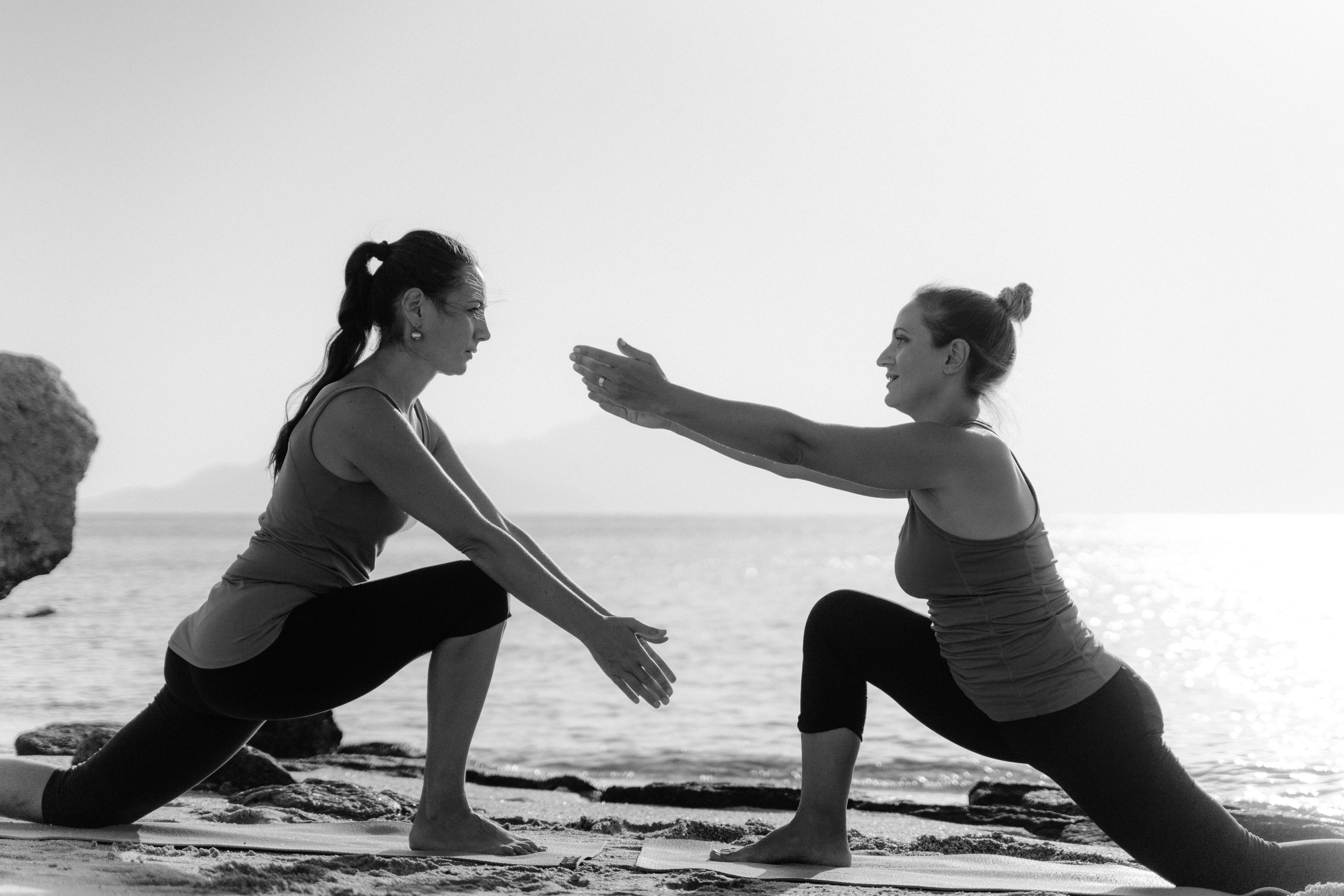Pith helmet, huge zoom lens, garters—there’s a lot of gear you could take on your safari. But it’s really unnecessary to go out and do some big shopping in preparation for your big African adventure. For the most part, you want to be comfortable, so wearing the clothes you’re used to and having something warm to put on when the sun goes down is enough to get by. But if you want some winning tips on what the experts pack for your safari, read on.
safari clothing
There’s no need to go full persimmon, but colors that blend in with the environment rather than bright colors make wildlife more comfortable. If you’re in a vehicle on safari, the color you wear doesn’t make a difference, but if you’re venturing out on a walking safari, you’ll be able to get up close to the animals if you’re somewhat camouflaged. This is particularly important if you are going to follow mountain gorillas in Uganda or Rwanda (or Congo). There is an opportunity for up-close encounters with these amazing creatures if you don’t look too menacing in a bright red jacket.
Bright blues and purples attract tsetse flies, which hurt a lot when they bite and can transmit African sleeping sickness.
In the bush, guides don’t care too much about what their guests wear, but if you plan to spend time in rural towns or cities along the east coast of Africa, these areas are more conservative. You will find it more comfortable if you have clothing that covers your shoulders and knees.
Of course, a wide-brimmed hat is a must since you spend your days in open vehicles.
Torch/Flashlight: We don’t recommend going for a nature walk at night, but just getting from the dining room to your bedroom after dinner can be more challenging than you think. If you opt for the quintessential safari experience and stay in a tented camp, you’ll have to walk from the dining room to your tent. Most of the camps have security staff who will escort you and who have torches, but it’s good to have your own torch so you don’t trip over a stray stone or something. Also in the light of dawn, when you venture from your tent to your game drive vehicle, a flashlight comes in handy.
Insect repellent: with DEET. Malaria is the leading cause of death in Africa and should not be taken lightly. Your travel doctor will probably suggest taking antimalarials, but the best prevention against malaria is not to get bitten in the first place. Therefore, covering yourself with long sleeves and long pants at night and smearing yourself with insect repellent will keep you safe.
Binoculars: Many safari guides will carry a pair of binoculars (or two) in their vehicle, but you will share that pair with everyone in the vehicle. Bring your own to see the wildlife in its entirety.
Wet wipes: It can get hot and dusty in the African bush. Wet wipes keep it fresh, clean your hands before tucking into a picnic lunch, and clean up dust…well, anything! It’s not on many packing lists, but you’ll appreciate remembering it after a big day of driving.
Bonds 6he Ladies item – Sports Bra: African roads are nothing you can imagine if you come from a western country. A sports bra will make the trip bearable.
